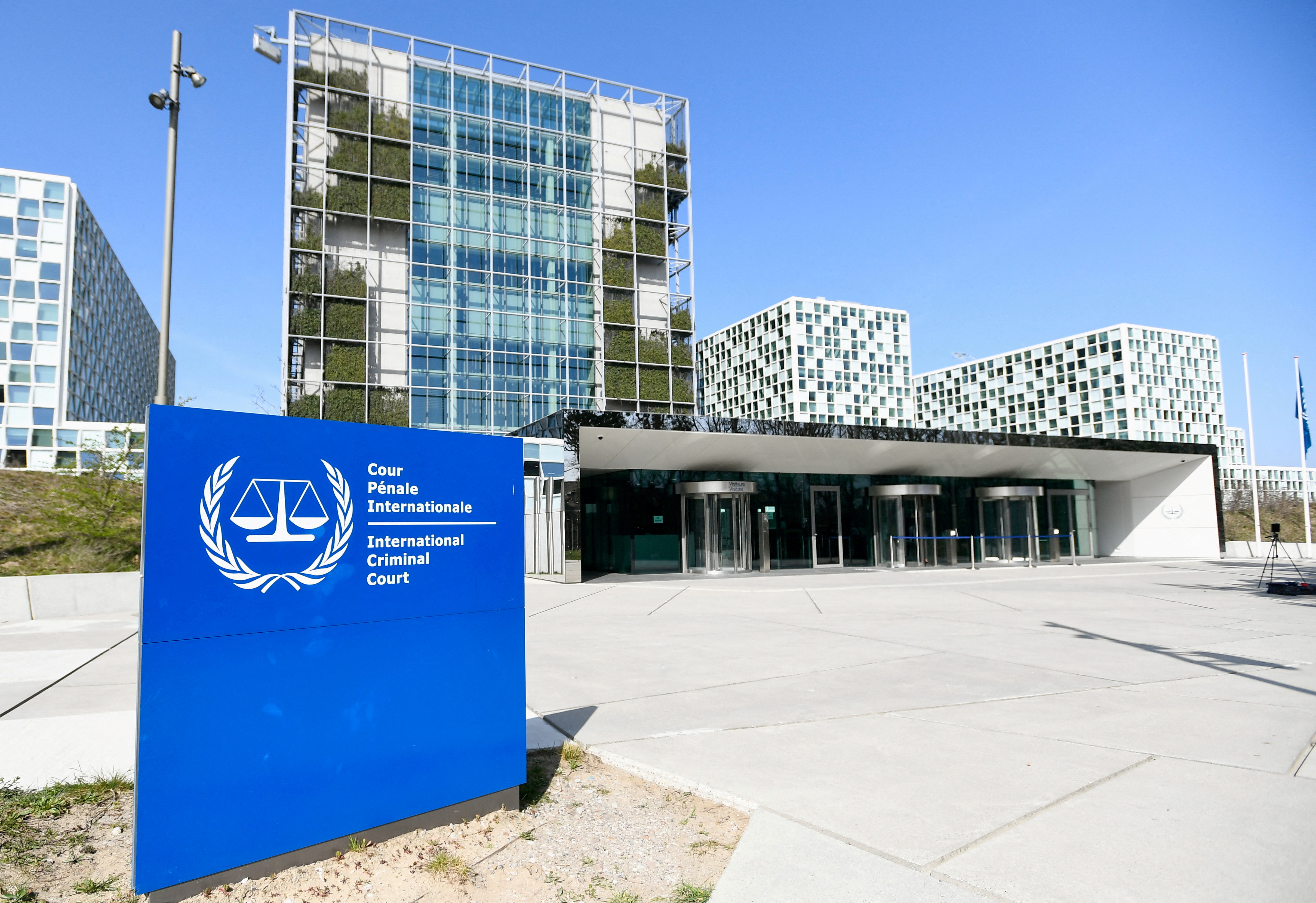The standing ovation Israeli Prime Minister Benjamin Netanyahu received from a joint session of the US Congress last week was in stark contrast to the unqualified condemnation of Israel by International Court of Justice (ICJ) a few days earlier for its occupation of Palestinian lands from June 1967 to October 6, 2023.
Americans love Israel unconditionally. Not sure why, but they do. In Bible Belt America they believe that Israel from the river to the sea is the promised land God gave the Jewish descendants of Abraham. The Palestinians have been demonised in parochial America as a heathen interloper people who are terrorists and ill disposed towards America – while some Palestinians did cheer when the twin towers were struck in New York in 2001(9/11) it was a crude and cruel response to America’s long-standing support of Israel against Palestinian Arabs.
A majority of UN member states – apart from a few guilt-ridden European states with a history of anti-semitism – are not persuaded that Israel is as civilised as her western apologists believe; or that the Palestinians are any less deserving of dignity and human rights than other people.
In particular, the UN General Assembly is not as enamoured of the Netanyahu government and sought the advice of the ICJ about the lawfulness of Israel’s occupation of East Jerusalem, the West Bank and Gaza and how states should conduct their relationship with Israel in consequence of any violations of international law the ICJ found against Israel.
The questions asked were first whether the denial of Palestinian self-determination by prolonged occupation of Palestinian lands; the settlement of Jews in the occupied lands; and Israel’s discriminatory practices and policies there, were illegal? And if so the legal consequences for Israel and other countries as well as for the UN.
Israel and her close friends opposed the request for an advisory opinion on a number of grounds all of which were rejected by the court. The most obvious argument against the request for an advisory opinion was that the questions were biased against Israel. They were what lawyers call leading questions – questions that assume or suggest the answers sought – and it is true that the questions assumed Israel was guilty of violations, which was surprising given the legal expertise available at the UN.
The court dealt with this argument briefly. It said that as a court of law it was entitled to interpret and reformulate the questions, and that even though the first question assumed violations of international law the court would decide for itself if any violations of international law had taken place – it missed the point that bias was proof that the request for an advisory opinion was done for an extraneous purpose and not because the UN General Assembly actually needed legal answers to the questions posed.
The most politically significant argument put forward by Israel in its written submissions and repeated by Netanyahu in response to the ICJ’s advisory opinion, is that Israel claims an ancient historical right to Occupied Palestine. The point was raised by Israel but not fully argued as a principle of customary international law.
The ICJ dealt with the historical claim briefly saying that it was not a question up for consideration but that in any case questions of disputed sovereignty could not be resolved by the threat or the use of force, which it found Israel had used to retain control of the occupied territories since 1967.
The ICJ held that Israel’s practices and policies and occupation of Palestinian land were unlawful and had to be brought to an end as rapidly as possible. Israel had to cease all further settlement activities and evacuate all the settlers immediately and make reparation for damage and loss caused to Palestinians.
Furthermore, the ICJ advised that all states are under an obligation not to recognise Israel’s illegal occupation of Palestinian land and not to assist Israel in maintaining its occupation. The UNGA is required to consider the precise methods and action it takes to bring about the end to Israel’s unlawful occupation.
So the standing ovation in the US Congress for Netanyahu the champion of Jewish settlers was a slap in the face of the ICJ as well as the International Criminal Court (ICC) that will shortly consider whether to issue an arrest warrant against Netanyahu for war crimes. He was invited to address the US Congress by the Republican speaker of the House of Representatives, not the US government although having arrived in the US he had to be seen by President Joe Biden and Vice President Kamala Harris.
It was unsurprising to see Netanyahu lionised in the US Congress in election year. The fact that he has been indicted for corruption in Israel and an application for an arrest warrant for war crimes has been made to the ICC enhances rather than detracts from his popularity amongst Republican congressmen.
It is the same as Donald Trump whose popularity increased despite convictions and criminal charges filed against him. Many of the charges against him have been dropped and the Supreme Court has given him immunity in the face of clear evidence that he sought to prevent the lawful transfer of power on January 6, 2021. And if American law goes rogue in Trump’s alternative America – if he wins – what chance international law or the UN?
Alper Ali Riza is a king’s counsel in the UK and a former part time judge







Click here to change your cookie preferences